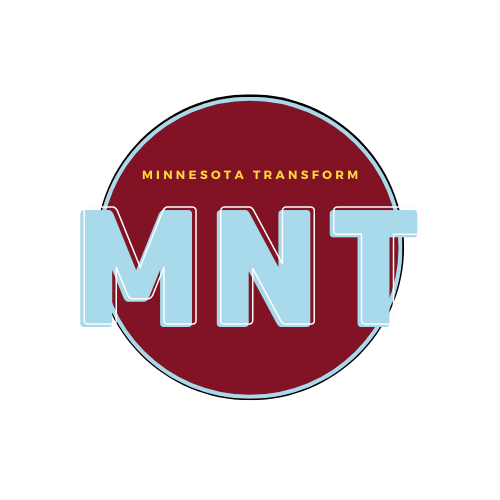
About the project
Minnesota Transform worked with the American Indian Studies Department to make indigenous language study available to community member at reduced cost. Over three years enrollment in language classes exploded and well over a hundred community members took advantage of these courses. Nicholas DeShaw, the Outreach Coordinator for AIS, shared their thoughts on the impact this program had on community members:
"As a member of the Ojibwe language community I heard many positive things about the Minnesota Transform program to offer free language classes to community members. Many of my friends and community took advantage of this program to take college level Ojibwe language classes. When the program ended and I began my position as the outreach coordinator for the American Indian Studies department I received many messages from local Native American organizations and individuals asking about the program.
I believe that this program opened up doors to folks within the community who could not otherwise afford college coursework or were interested specifically in language classes. Having language classes offered at a university is important, however it limits many people’s ability to take these classes and reclaim their ancestral language. Essentially asking students to pay to have their language again that was forcibly taken away from them.
I believe that this program, through Minnesota Transform, was able to promote more language learning, show more potential students the challenges and realities of language learning and to create high level speakers for those who took advantage of it. It was an exciting program that gave a lot back to the local Indigenous community. I believe that if a similar program were to be funded, with the benefit of having gone through it once, an even more effective community language program could be created."

